






EcoFlow NextGen 220W Bifacial Portable Solar Panel
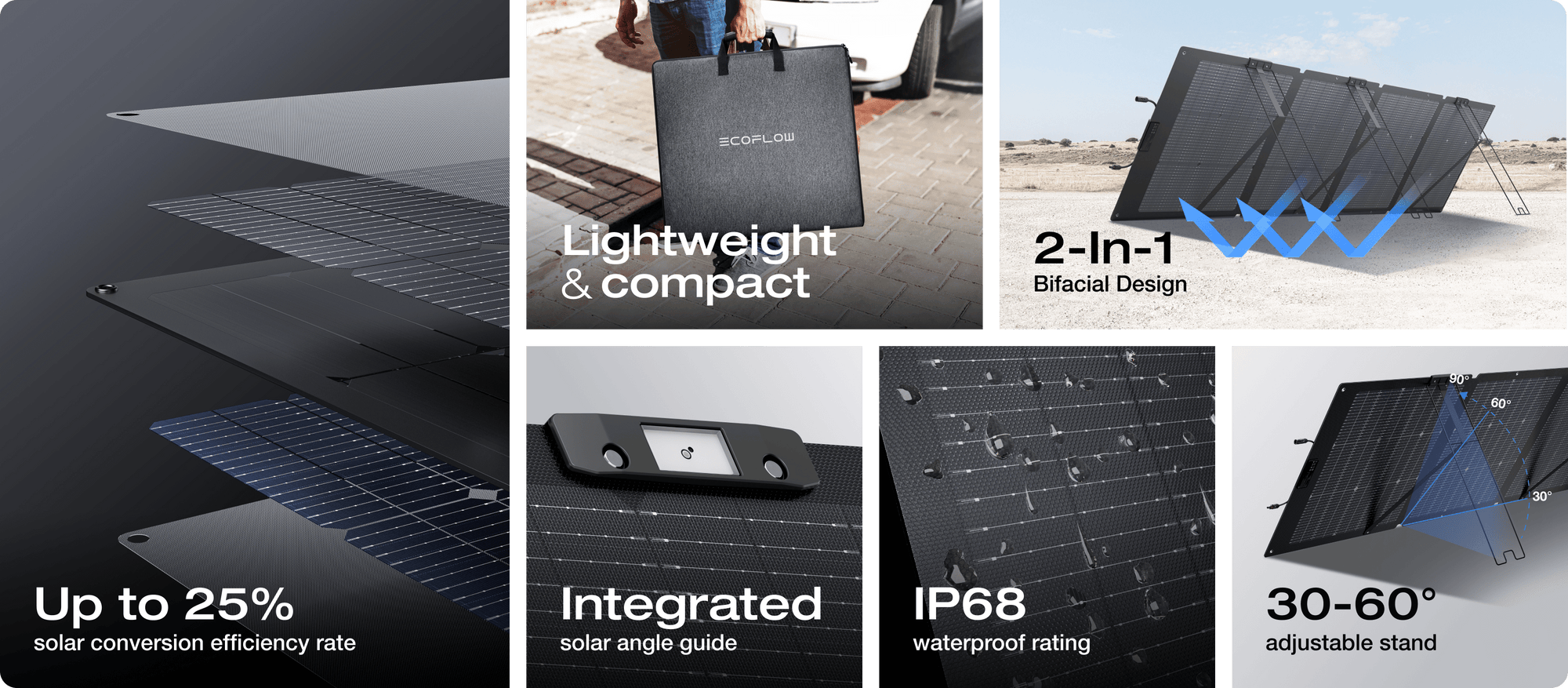
Capture more energy with a dual-sided design
With a 220W primary side, and a 175W side on the back for ambient light, you can capture up to 28% more solar energy and charge your portable power station even faster.
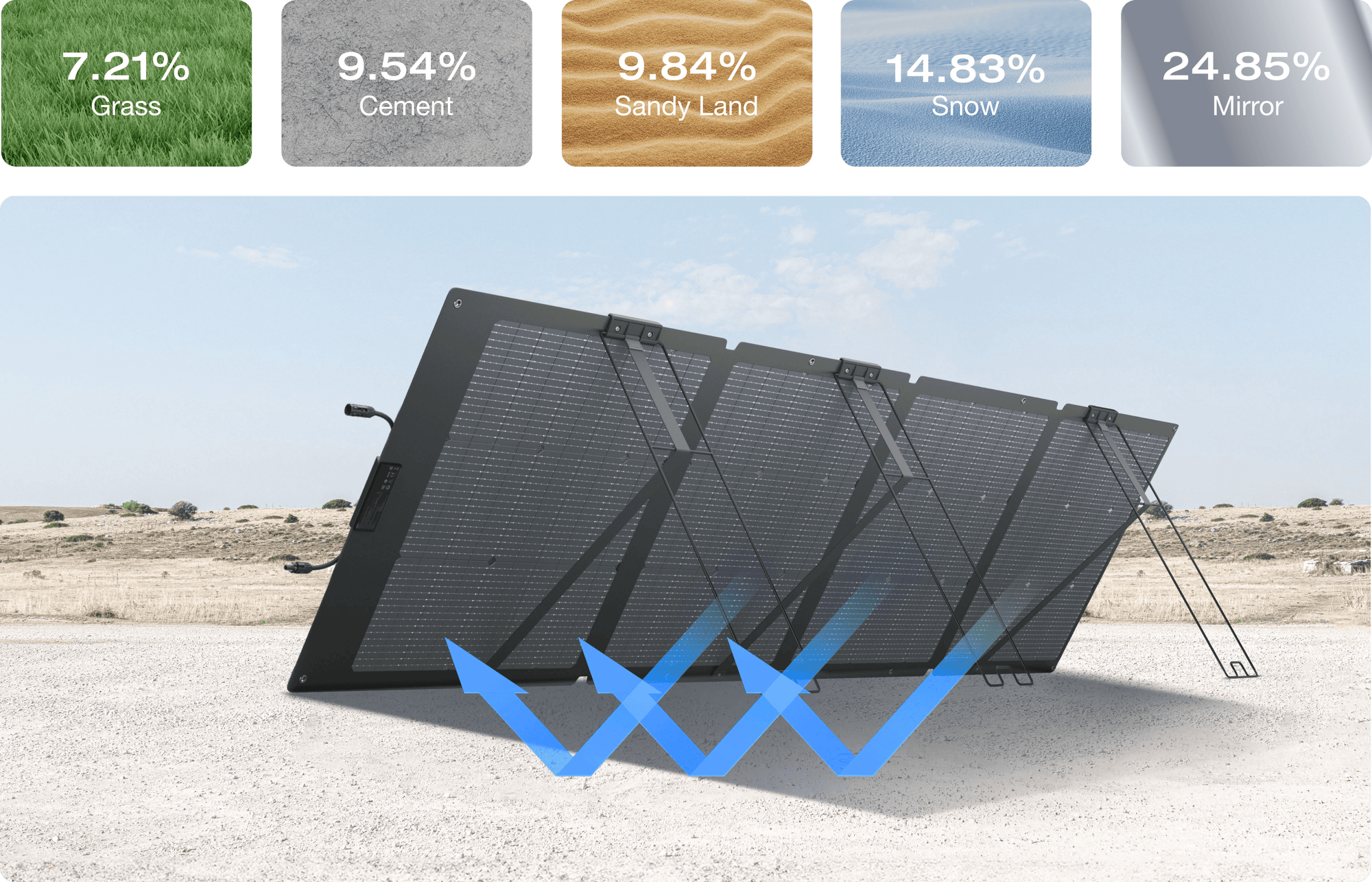
Generate even more energy
With the portable solar panel industry's first use of TOPCon solar technology,
we've raised the bar on conversion efficiency, reaching 25%.
Charge faster with a more compact panel.
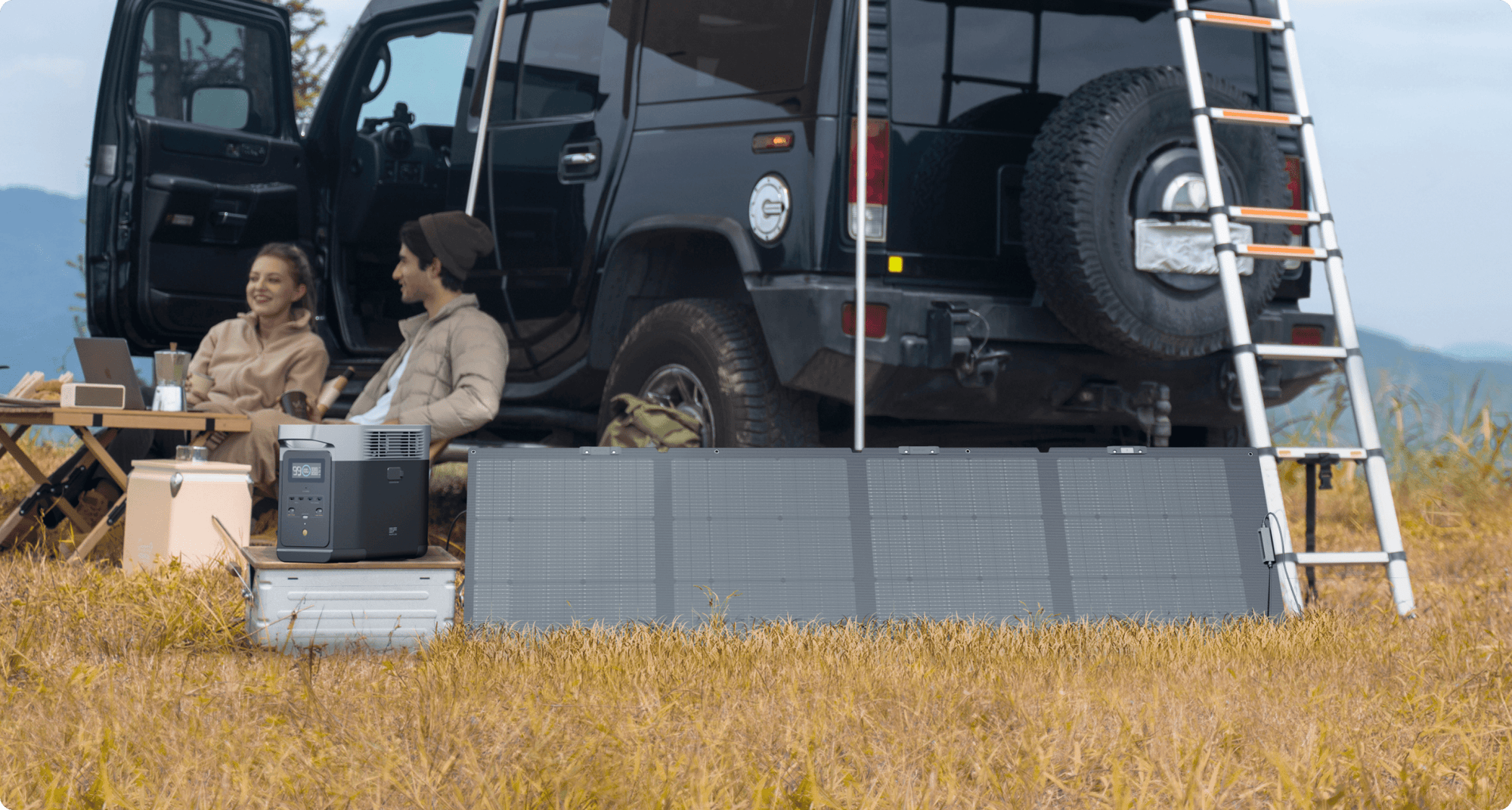
Capture more solar with an adjustable angle
With a newly integrated solar angle guide and stand,
adjust the angle of the panel by 30 degrees in seconds to get the most sunshine at all times.
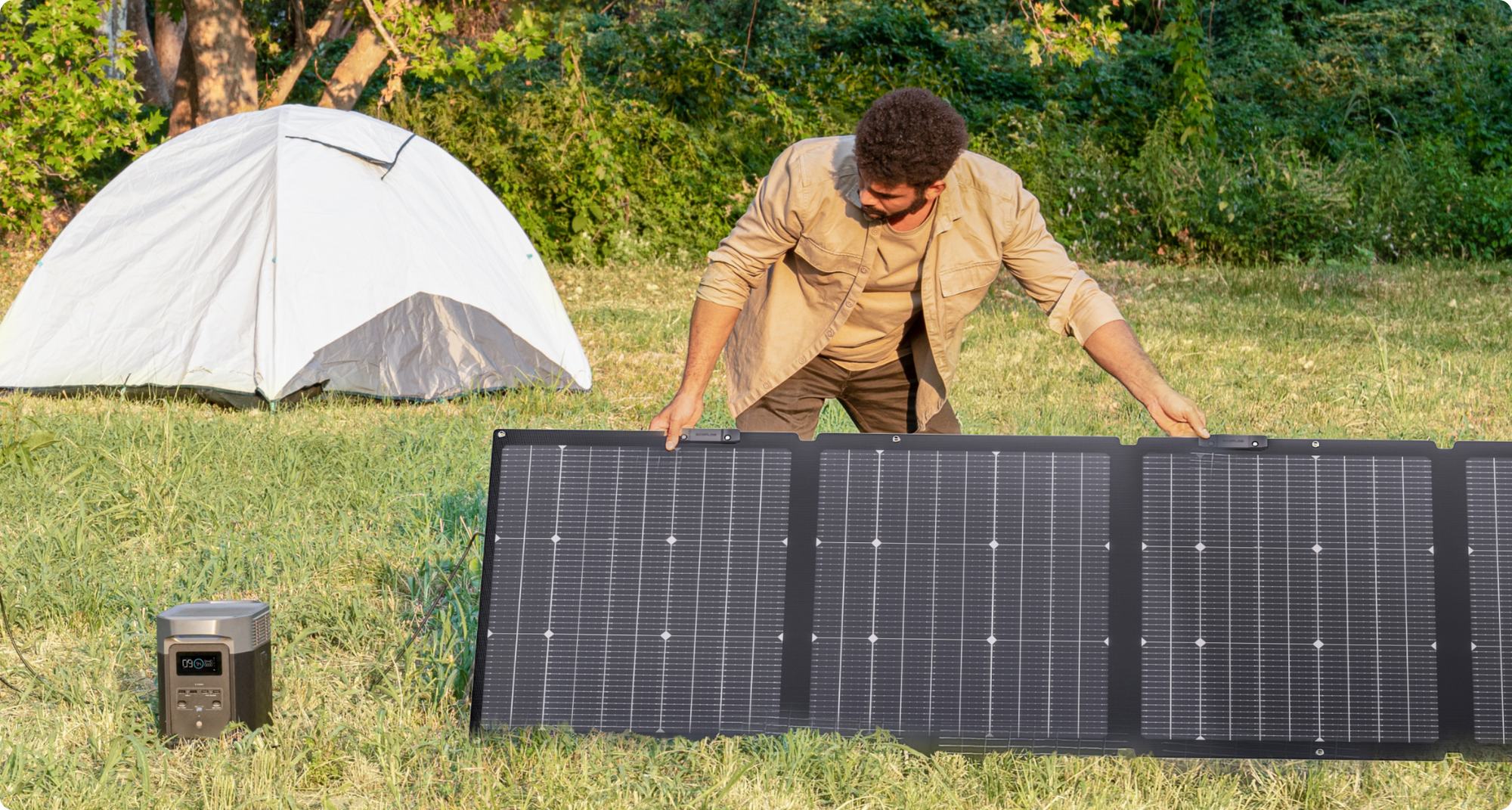
Durable and waterproof
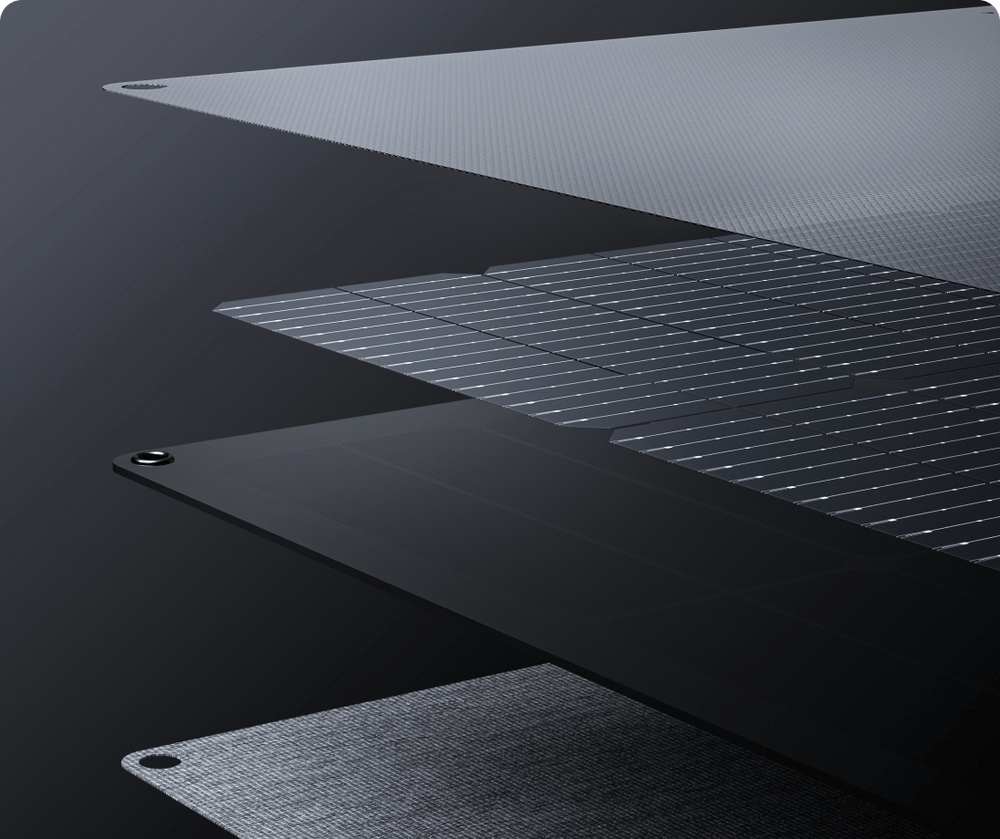
Built to weather the storm
With an IP68 waterproof rating, our NextGen 220W Bifacial Solar Panel maintains its high performance even when it's in contact with water. So you can recharge near a lake or take it out on your boat without worry!
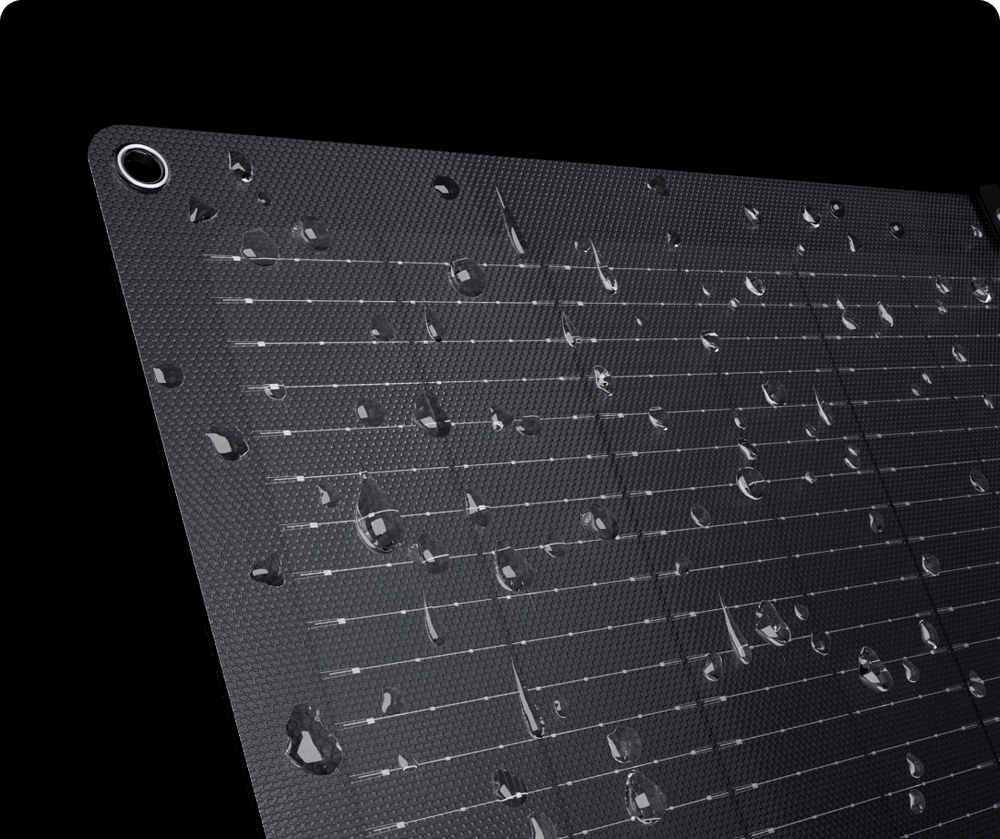
Never too hot
Designed to withstand high temperatures while still ensuring high levels of solar generation.
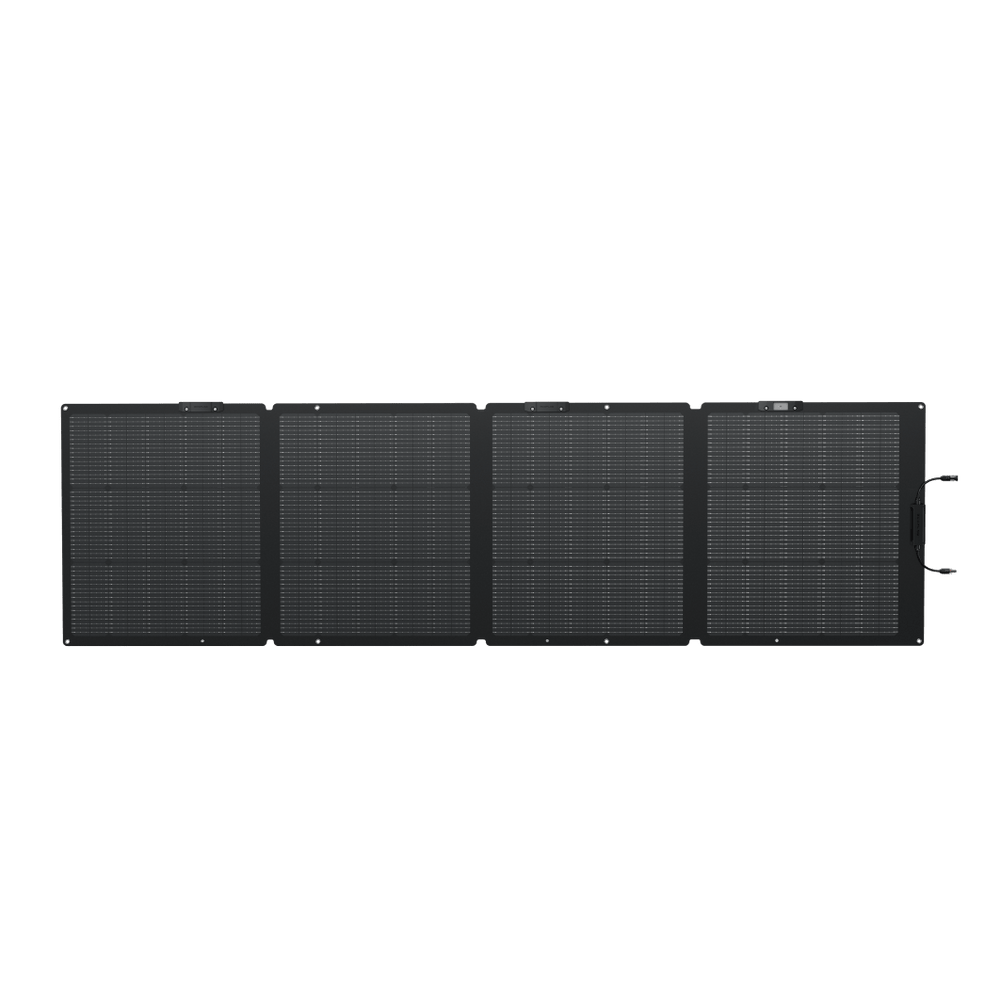
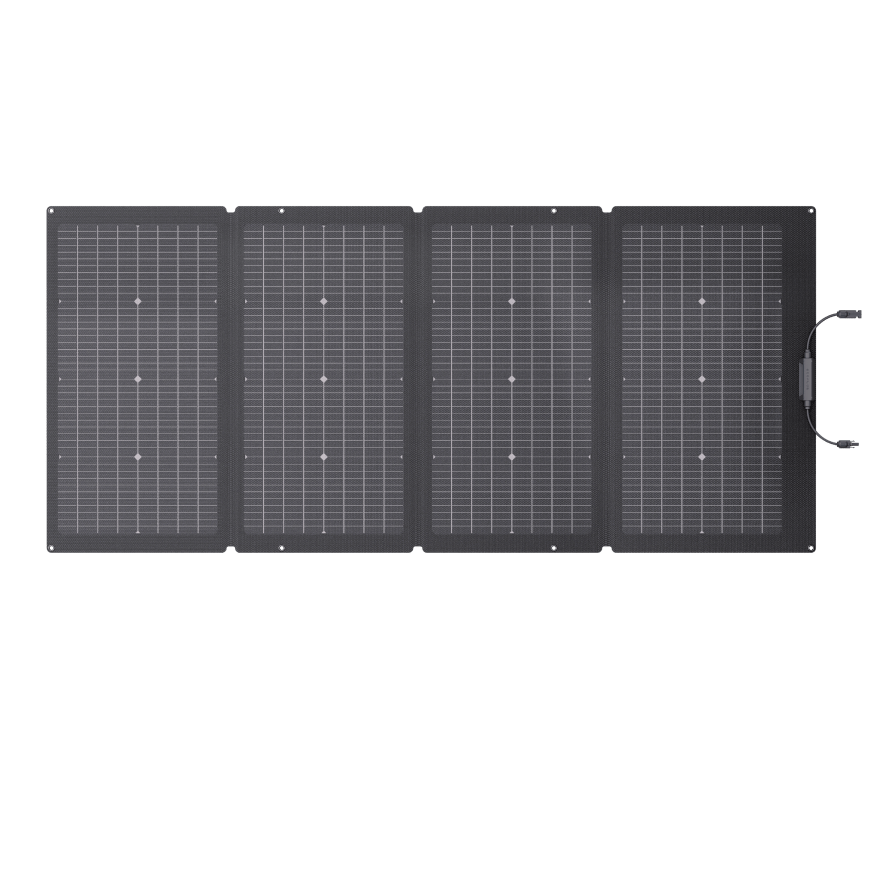
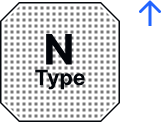
monocrystalline silicon
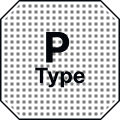
monocrystalline silicon





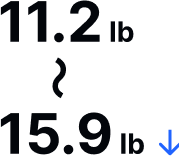


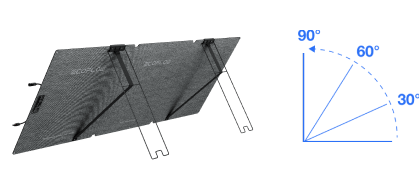
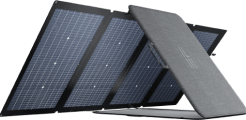
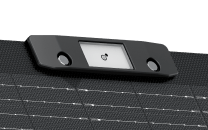

What’s in the box
EcoFlow NextGen 220W Portable Solar Panel
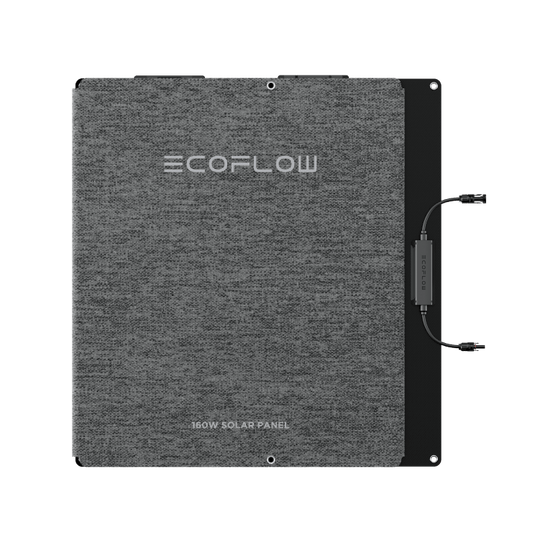
XT60i Charging Cable
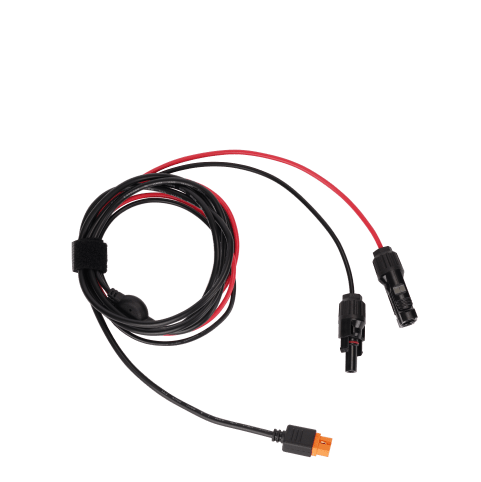
Protective Bag
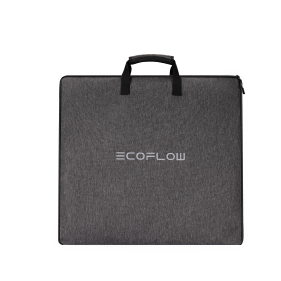
Quick Start Guide, Safety Instructions & Warranty Card
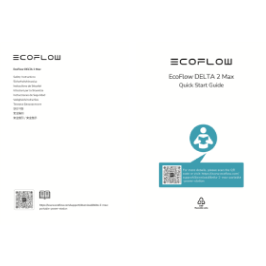
Specs
Rated Power
220W (±5W) Front/175W Rear
Cell Type
N Type TOPCon monocrystalline silicon
Efficiency
25.00%
Weight (Solar Panel)
Approx. 15.4 lb (7.0 kg)
Dimensions
Unfolded: 24.2×84.8×1.0 in/615×2155×25 mm
Folded: 24.2×23.2×1.3 in/615×590×32 mm
Connector Type
Photovoltaic connectors
Warranty (US)
12 months
Open Circuit Voltage
21.5V (Vmp 18.4V)
Short Circuit Current
12.4A (Imp 11.9A) Front Side/ 9.9A (Imp 9.5A) Rear Side
Waterproof & Dustproof
IP68












